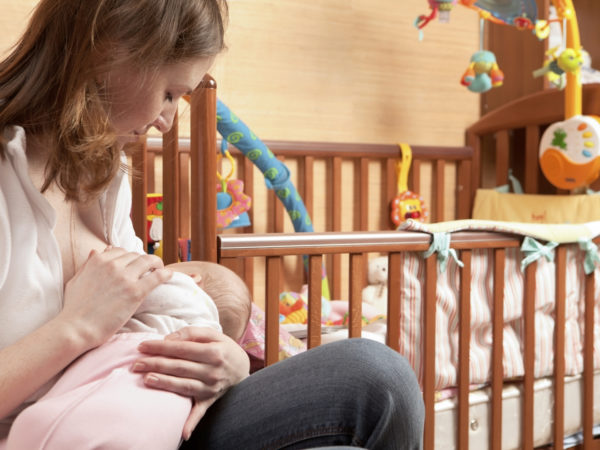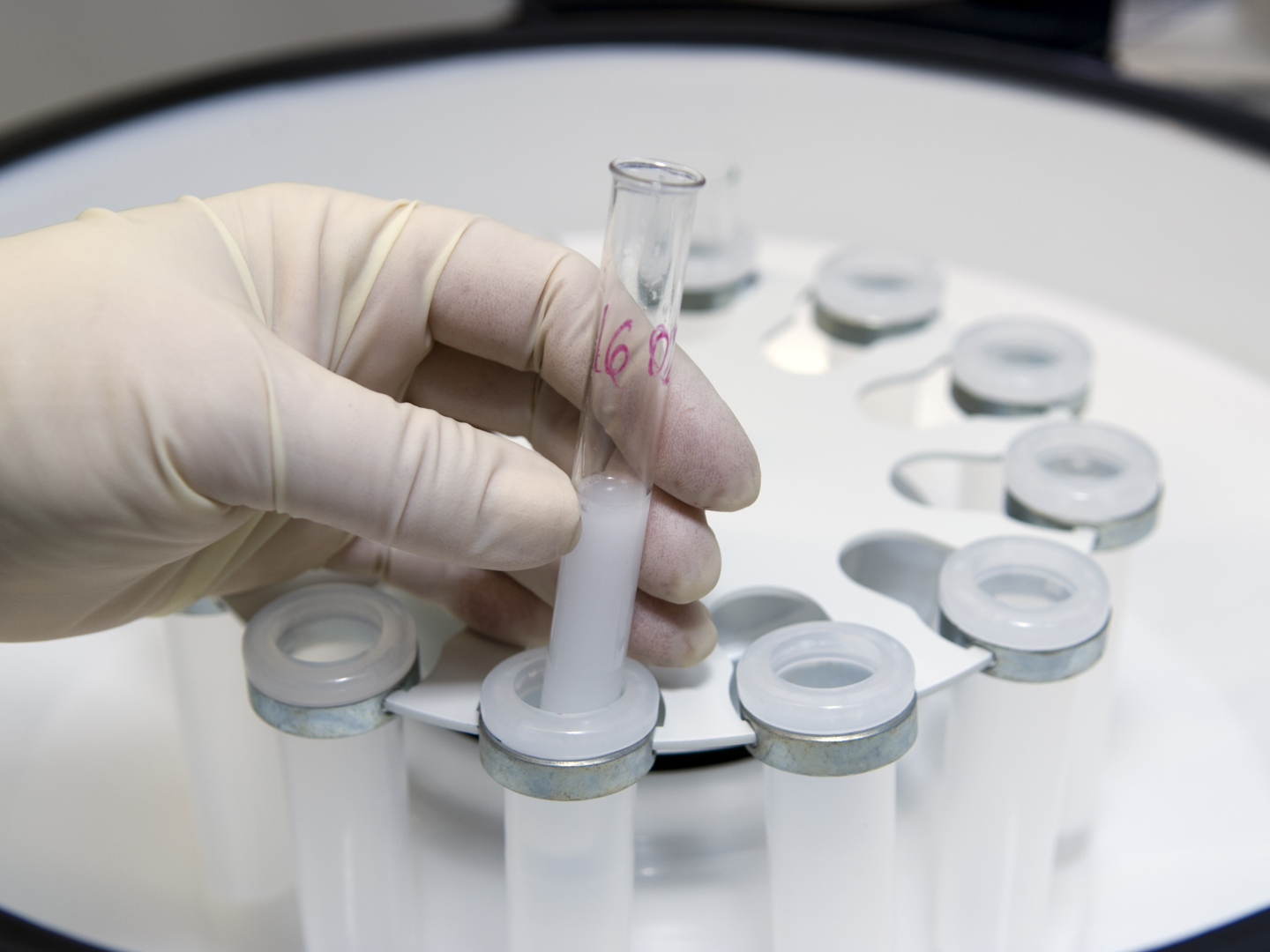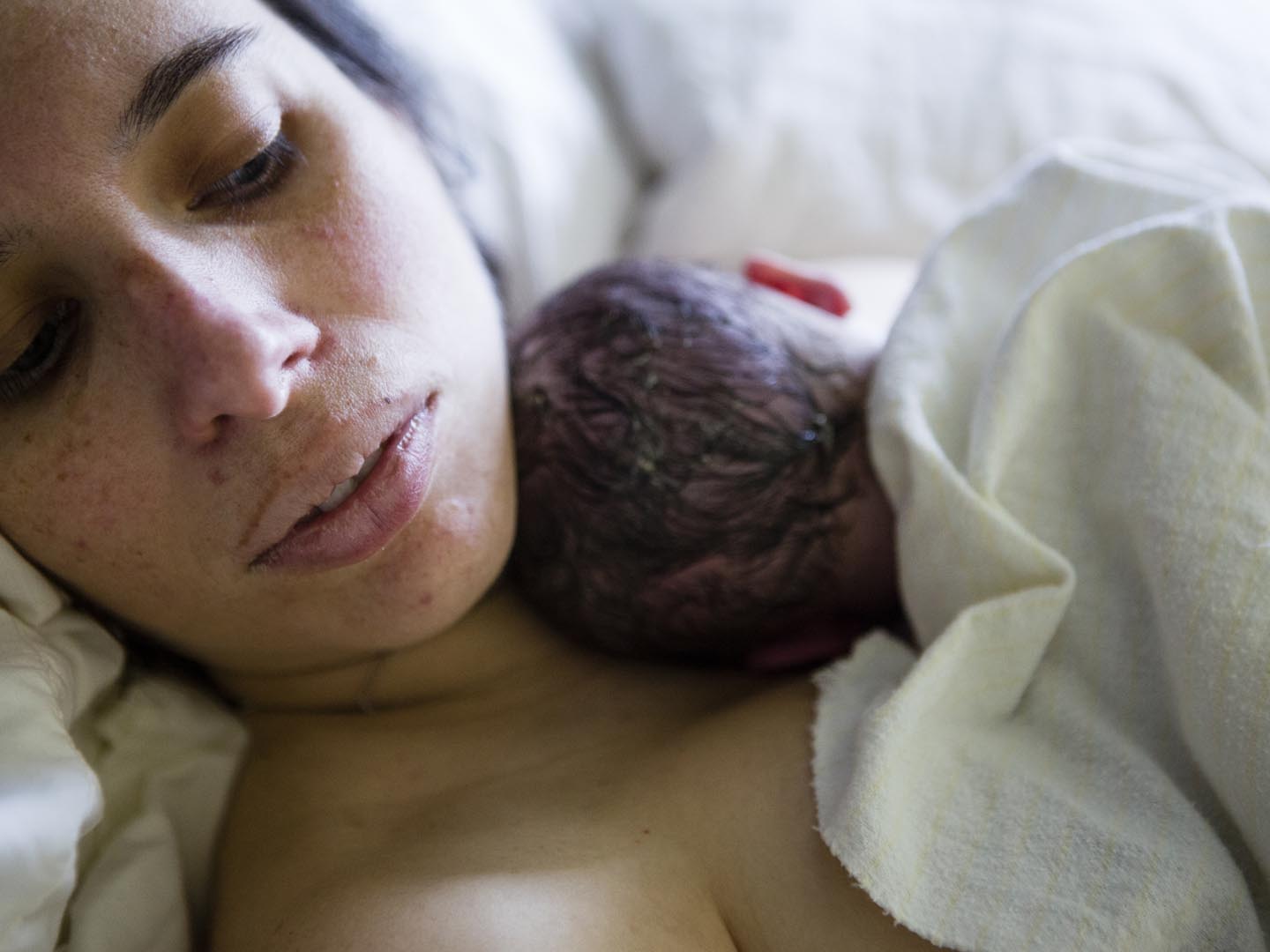Does Breastfeeding Prevent Endometriosis?
I’ve heard that breastfeeding protects against endometriosis. Can you tell me anything about this and whether or not breastfeeding helps endometriosis symptoms?
Andrew Weil, M.D. | November 21, 2017

Endometriosis, which affects about 10 percent of women in the U.S., develops when tissue that looks and acts like the endometrium (the lining of the uterus) migrates outside the uterus. It then implants itself in the abdomen, often on the fallopian tubes, ovaries, the ligaments supporting the uterus, the area between the vagina and rectum, on the outer surface of the uterus, or on the lining of the pelvic cavity. Although displaced, the tissue continues to respond to monthly hormonal signals by thickening, then breaking down and bleeding. With no route out of the body, the trapped blood causes inflammation that can result in pain, scar tissue formation, adhesions, and bowel problems.
We don’t know what causes endometriosis. Since the disorder seems to run in families, it may have a genetic basis. One theory holds that it stems from a backflow of menstrual tissue through the fallopian tubes into the pelvic area.
Until now, there hasn’t been anything women can do to reliably lower their risks of this condition. But new research has shown that breastfeeding can help. A study from Boston’s Brigham and Women’s Hospital found that the longer women breastfeed, the lower their risk of developing endometriosis.
The researchers followed 72,394 women who had one or more pregnancies and were participating in the ongoing Nurses’ Health Study II that began in 1989. Over the investigation period of 20 years, 3,296 women were surgically diagnosed with endometriosis after their first pregnancy. After determining how long women in the study breastfed, the researchers found that those who nursed their babies for a year or more had a 32 percent lower risk of endometriosis than those who breastfed for less than a month per pregnancy. For each additional three months of nursing, the risk declined by eight percent. What’s more, for women who exclusively breastfed (they didn’t introduce solid food or formula for the duration), the endometriosis risk dropped 14 percent for every additional three months of exclusive breastfeeding per pregnancy. The biggest reduction in risk – nearly 30 percent – was seen among women who breastfed exclusively for 18 months or more through their reproductive years.
The absence of menstrual periods that occurs during breastfeeding likely accounted for some, but not all, of the effects seen. The researchers noted that breastfeeding changes certain hormones in a woman’s body and suggested that this may play some role in the risk reduction.
Despite their findings, the investigators said they can’t be sure whether women who breastfeed are less likely to develop endometriosis or whether they are simply less likely to experience symptoms of the condition that would bring it to medical attention.
The team now wants to focus on the question of whether or not breastfeeding can help ease endometriosis symptoms in women who have been diagnosed with the disease.
Andrew Weil, M.D.
Source:
Leslie V. Farland et al, “History of breast feeding and risk of incident endometriosis: prospective cohort study.” BMJ, August 29, 2017, doi: doi.org/10.1136/bmj.j3778











